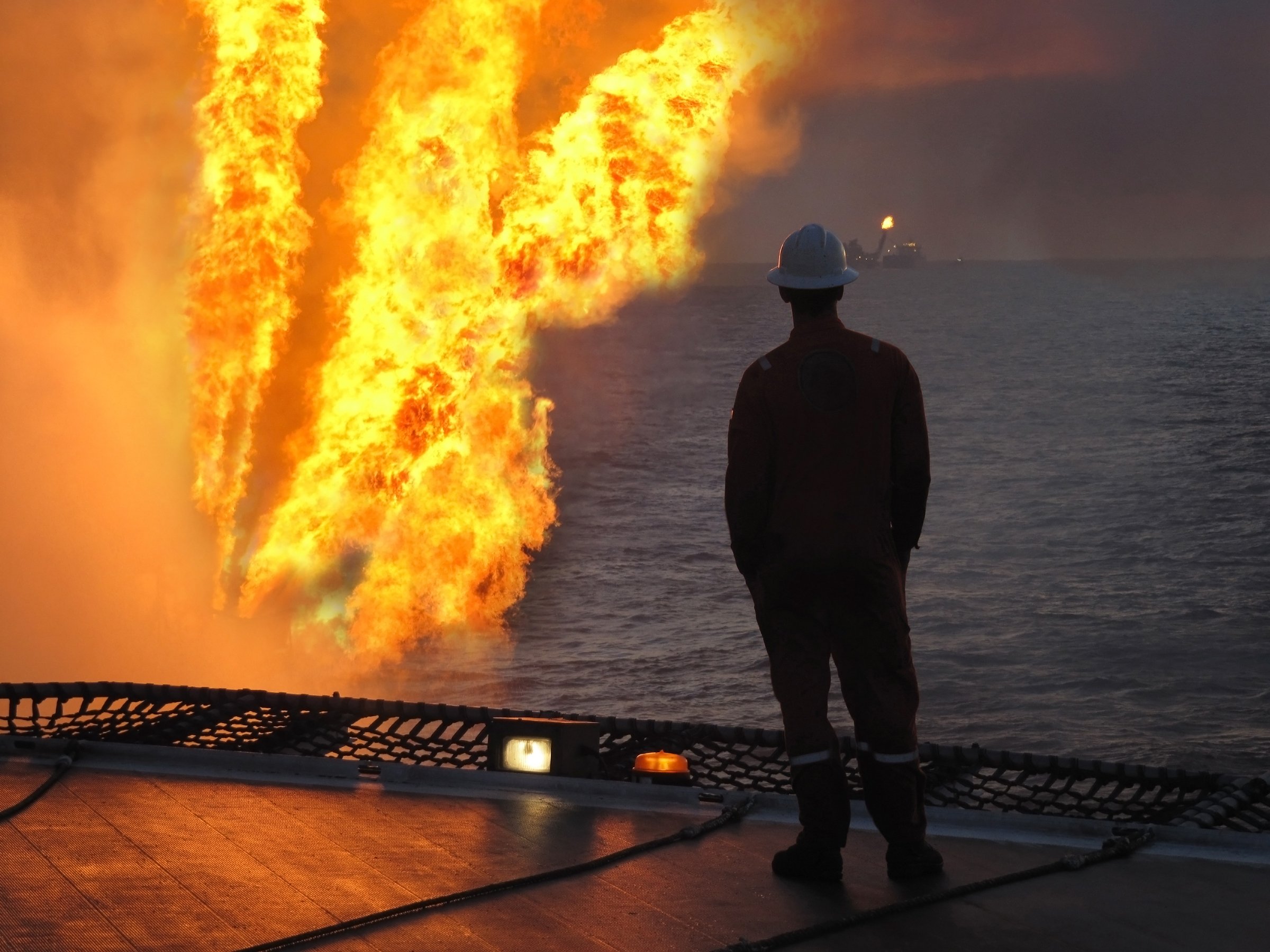Europe’s dependence on Russian gas must reduce. Developing African gas offers a way to do this while also advancing economic development and food security in one of the poorest parts of the world. To achieve this, the West must revisit its policy on embargoing development finance to upstream gas development.
In the lead-up to Cop26, the UK and US announced they would no longer offer concessional finance for the development of upstream gas. This was not welcome news to governments in sub-Saharan Africa, where a third of the world’s new gas deposits have been discovered in the past decade.
Gas from those deposits could both enable industrialisation and increased agricultural productivity driven by use of fertiliser, and hence food security and economic growth in the region. It could also reduce European dependence and vulnerability on Russian gas without resorting to coal, and without continuing to pay Russia €200-800m daily.
Europe’s need to diversify its energy supplies has seen it scour the globe for alternate gas suppliers; even then, in the short to medium term, it is unlikely to be enough to completely wean off Russian gas without extending the life of coal power plants and facing recession. Nuclear remains politically untenable and renewables are technically unfeasible due to intermittency and lack of storage.
African gas can redress balance
Developing gas resources in and buying gas from African countries would redress an imbalance that favours countries which developed their gas resources first and have contributed the most to the stock of greenhouse gas emissions. Mozambique, Tanzania, Senegal and Mauritania, on the other hand, have significant reserves and have contributed virtually nothing to global warming.
The risk that new investments in these countries would either clash with climate targets or result in stranded assets before investment returns can be recouped would be mitigated if European governments committed to wean themselves off gas starting with purchases from the first gas producers, as technology improves to allow more renewable energy on grids, or as acceptance for nuclear power grows.
Besides helping Europe avoid destructive coal, gas is vital to support industrialisation and food security in Sub-Saharan Africa, where one in five are undernourished, GDP per capita is 35 times less than it is in the EU and the majority are without electricity. A prerequisite for industrialisation, the only proven path to economic development for non-tax havens, is low-cost and reliable power. Given an increased incidence and intensity in droughts, the scope for hydropower is shrinking.
Until other technologies improve, gas is the least harmful medium-term energy source from climate and economic perspectives for many drought-affected countries. It can displace coal. And with its low costs of switching on and off, it can be used to increase power generation by intermittent renewable energy sources, solar and wind.
In the implausible scenario that if overnight 48 Sub-Saharan African countries tripled their electricity consumption, and that 100% of that power came from natural gas, the additional consumption would only contribute to 0.6% of annual global emissions.
A pre-requisite for food security is the use of fertiliser, for which gas is a vital ingredient. On average, use of fertiliser in sub-Saharan Africa per hectare is less than a seventh of the rate used in high-income countries. This must increase if the food-security issues that have been caused, in part, by the past century of unabated carbon emissions from high-income countries are to be mitigated.
Supporting African gas development
With the breakdown in relations with Russia at odds with the West’s dependency on Russian gas, and given the imbalance of contributions to greenhouse gases, the West should reconsider its embargoes on supporting the development of African gas deposits.
Funding gas development would further enable Western aid money to ensure that the latest and most effective methane and carbon capture technologies are deployed, while at the same time supporting a tried and tested path for economic development.
Accompanying the finance should be production sharing contracts that apportion fair levels of proceeds to African countries; and ensuring good governance and transparency in the accounts of gas companies with the expertise and capital to develop gas resources, so that they are unable to defraud host governments of their envisioned share of profits and taxes.
Such support should also be provided to host governments to ensure good development outcomes for the citizens they represent.
Support should further be provided for managing the influx of hard currency from gas sales, so that host country’s nascent value-adding industries are not priced out of global markets.
The authors are Energy and Climate Advisors at the Tony Blair Institute for Global Change, a not-for-profit organisation which supports political leaders and governments to build open, inclusive and prosperous societies in a globalised world.
Want to continue reading? Subscribe today.
You've read all your free articles for this month! Subscribe now to enjoy full access to our content.
Digital Monthly
£8.00 / month
Receive full unlimited access to our articles, opinions, podcasts and more.
Digital Yearly
£70.00 / year
Our best value offer - save £26 and gain access to all of our digital content for an entire year!
 Sign in with Google
Sign in with Google 



